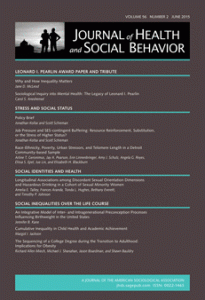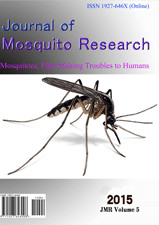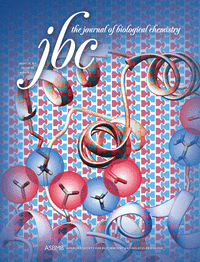
Earlier this year, Food and Nutrition Sciences retracted two papers from an author who criticized highly popular fish oil supplements after an additional round of peer review concluded his papers present a “biased interpretation,” among other issues.
Last year, Brian Peskin lost a paper for an “undeclared competing interest” — namely, that he held patents and directed a company associated with essential fatty acids.
In place of fish oil, Peskin touts plant-based supplements for treating cardiovascular disease. From the abstract of the freshly-retracted “Why Fish Oil Fails to Prevent or Improve CVD: A 21st Century Analysis,” he claims that Parent Essential Oils (PEOs) — such as alpha-linolenic acid, which can be converted into the EPA and DHA found in fish oil — “fulfill fish oil’s failed promise”: Continue reading Anti-fish oil researcher netted two more retractions
 Another retraction and a correction that retracts two figures — ie, a partial retraction — have been posted for
Another retraction and a correction that retracts two figures — ie, a partial retraction — have been posted for 





